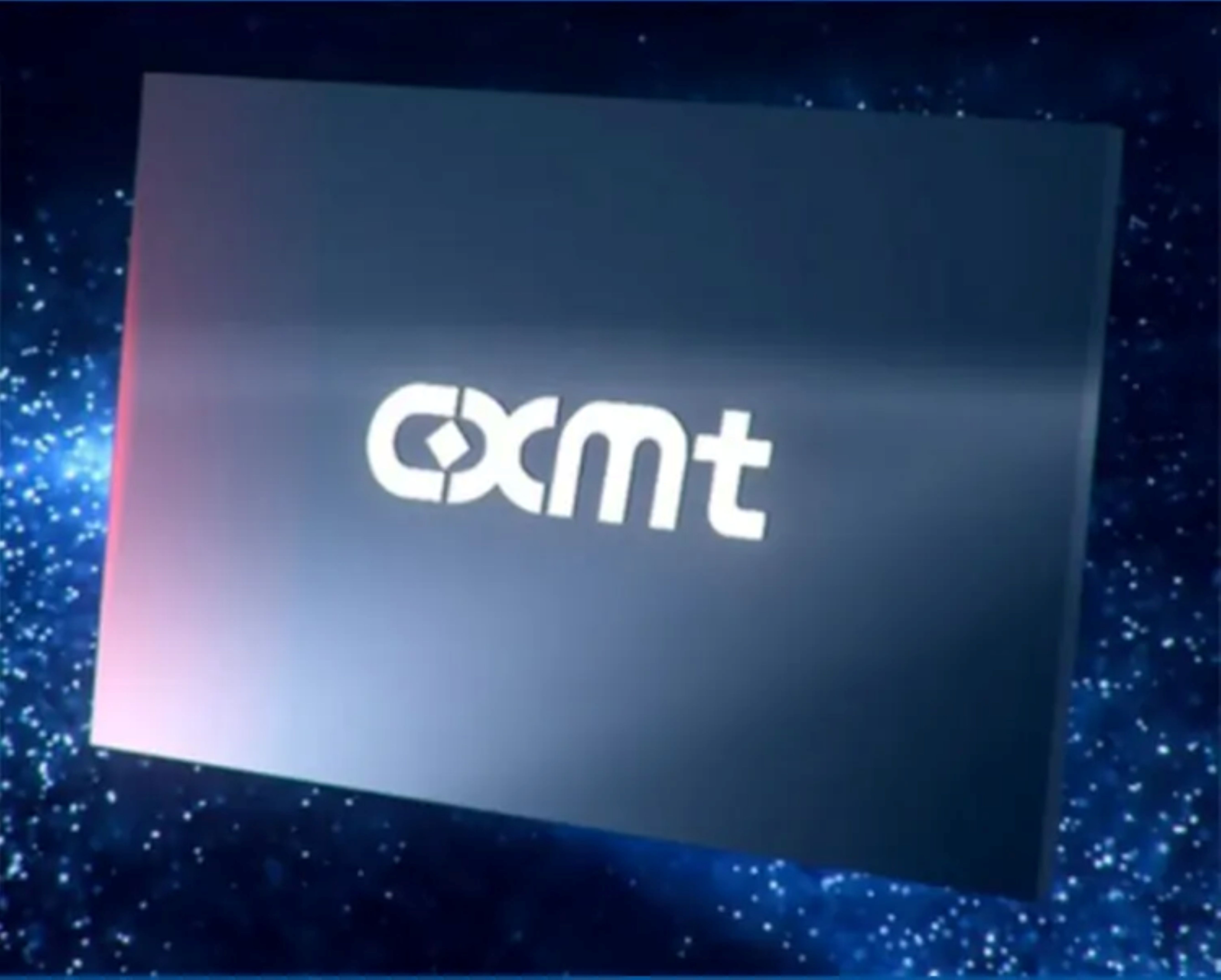Visa Stock Analysis: Is Visa a Strong Opportunity Ahead of Q4 Earnings?
$325.48
28 Jan 2026, 19:25

Web Image

China’s DRAM champion targets major fundraising to strengthen chip self-sufficiency amid global tensions
Chinese chipmaker ChangXin Memory Technologies (CXMT) is preparing for a high-profile IPO in Shanghai, targeting a valuation of up to $42 billion as it accelerates efforts to compete in the global semiconductor market.
Key Highlights
CXMT’s Strategic IPO: What to Know
ChangXin Memory Technologies (CXMT), China’s leading memory chipmaker, is preparing to list on the Shanghai Stock Exchange in early 2026. According to sources familiar with the matter, the firm is aiming for a valuation of around 300 billion yuan, equivalent to approximately $42 billion.
Founded in 2016 with state backing, CXMT plays a central role in China’s long-term strategy to secure technological self-sufficiency in semiconductors—especially in the DRAM segment, which has long been dominated by US, South Korean, and Japanese players.
Big Ambitions, Timely Opportunity
The listing comes at a time when China's semiconductor stocks are booming, with the CSI CN semiconductor index surging nearly 49% year-to-date. CXMT’s IPO is expected to attract significant demand from domestic investors betting on China's technological independence.
Key reasons this IPO is garnering attention:
Focus on High Bandwidth Memory (HBM)
CXMT is doubling down on producing high-performance memory, particularly HBM chips that are essential for AI-driven processors like those used by Nvidia. The firm is:
However, it still trails behind South Korea’s SK Hynix, which is already developing HBM4 chips, potentially giving it a multi-year lead.
Geopolitical & Market Impact
The IPO follows growing tensions between China and the US. Washington recently restricted China’s access to advanced HBM chips in an effort to slow its AI capabilities. This makes CXMT’s domestic production even more critical.
Meanwhile, Micron Technology, a key US chipmaker, is exiting China’s server chip market, further opening up local opportunities for CXMT.
China’s chip ambitions have global implications:
Looking Ahead
CXMT’s IPO will be a litmus test for both China's domestic market strength and global investor appetite for strategic tech bets. Should it meet fundraising goals and scale production of next-gen memory chips, CXMT could become a more prominent player in the global AI race.
Its success may also influence how other nations shape their tech and trade policies in the face of ongoing semiconductor rivalries.
Conclusion: A Milestone for China’s Chip Industry
With strong government support, a booming local tech market, and global semiconductor shifts underway, CXMT’s IPO is more than just a listing—it’s a strategic milestone in China’s drive for chip sovereignty.
If successful, it could reshape investment flows, alter chip supply dynamics, and elevate China’s standing in the AI hardware race.
Sources: (Reuters.com)